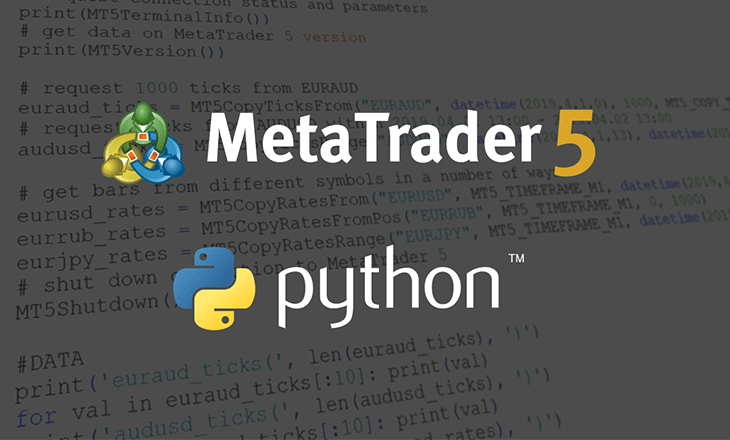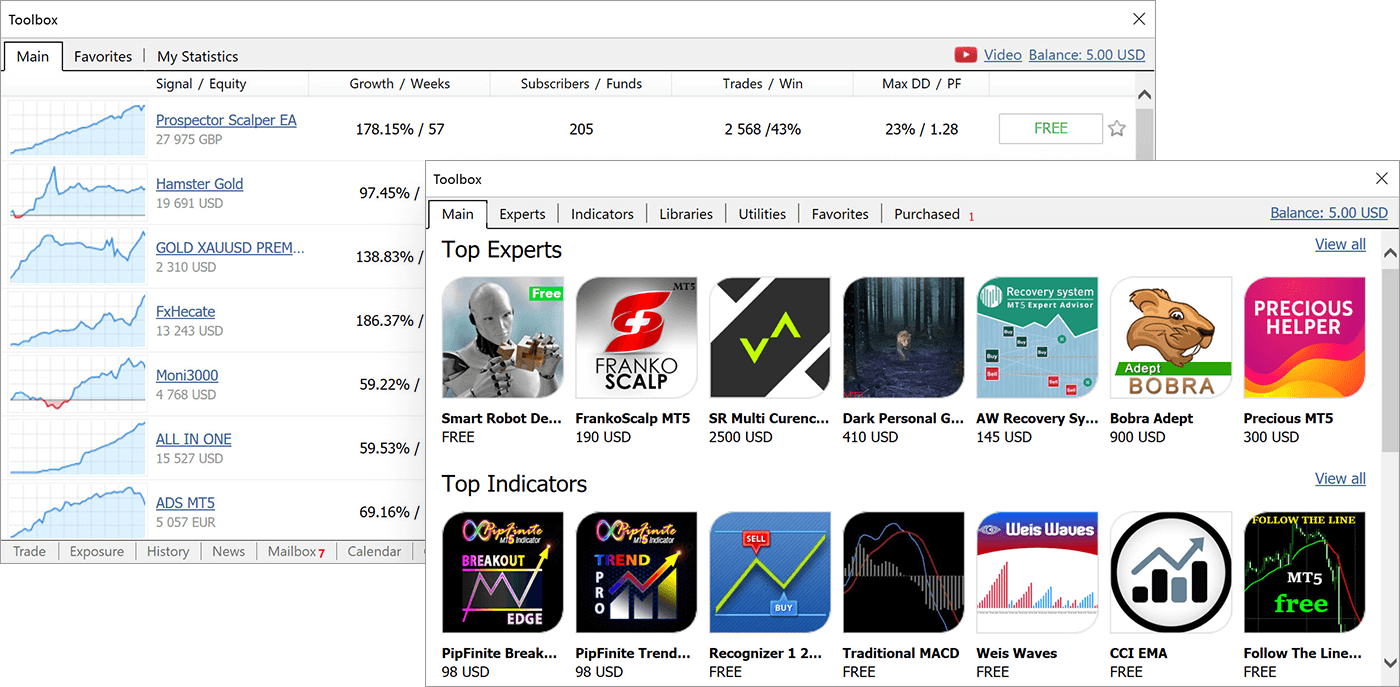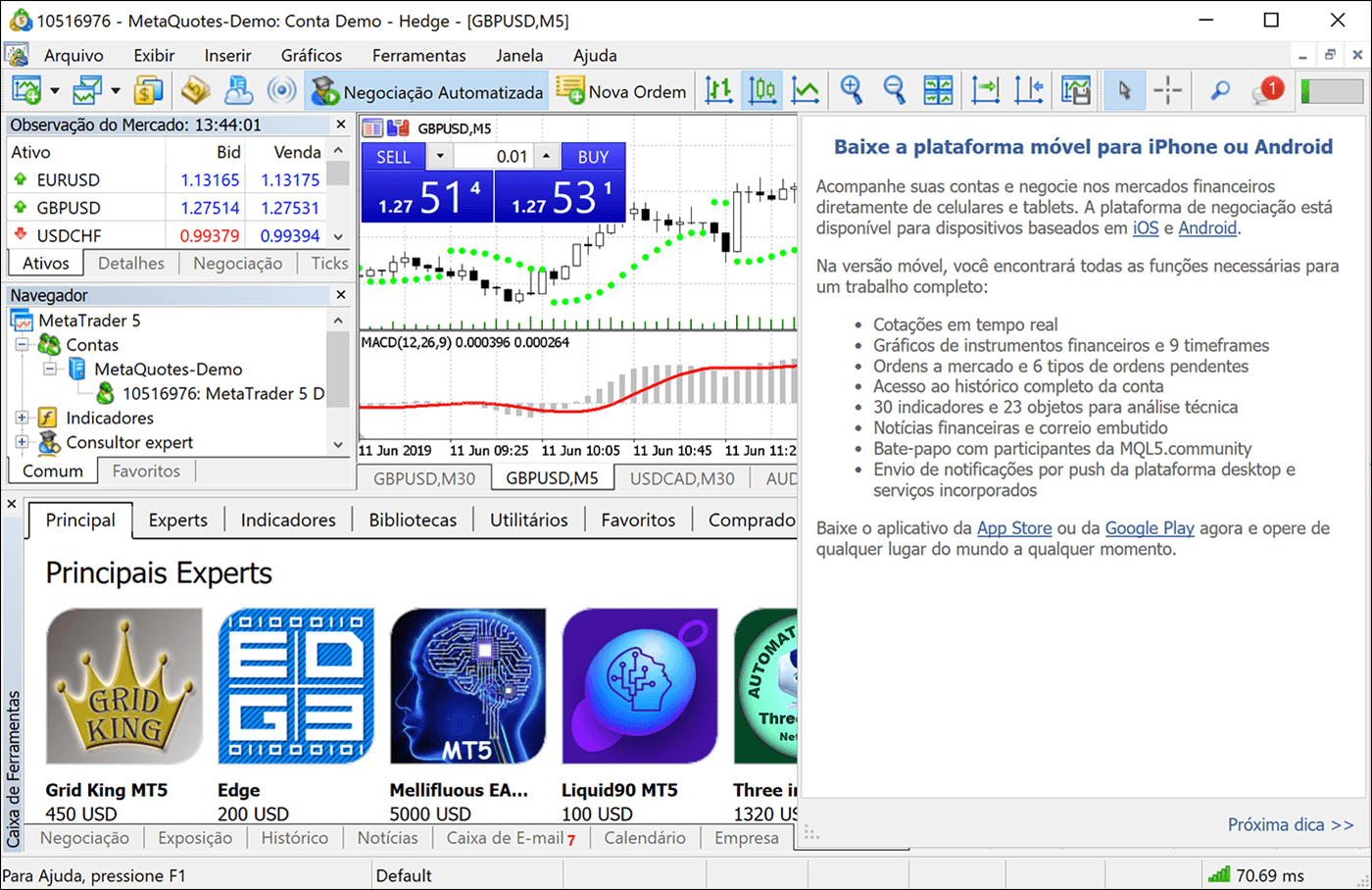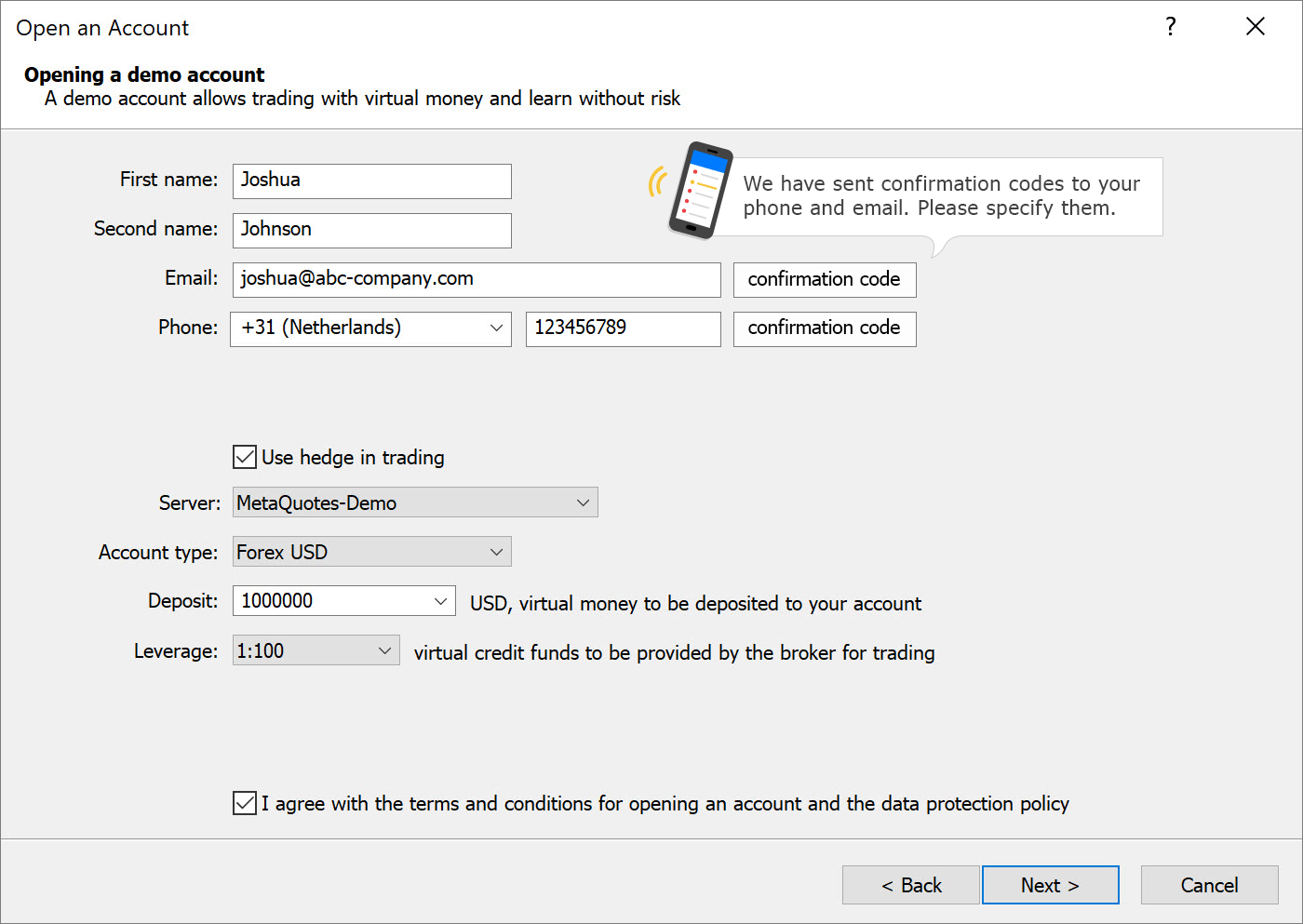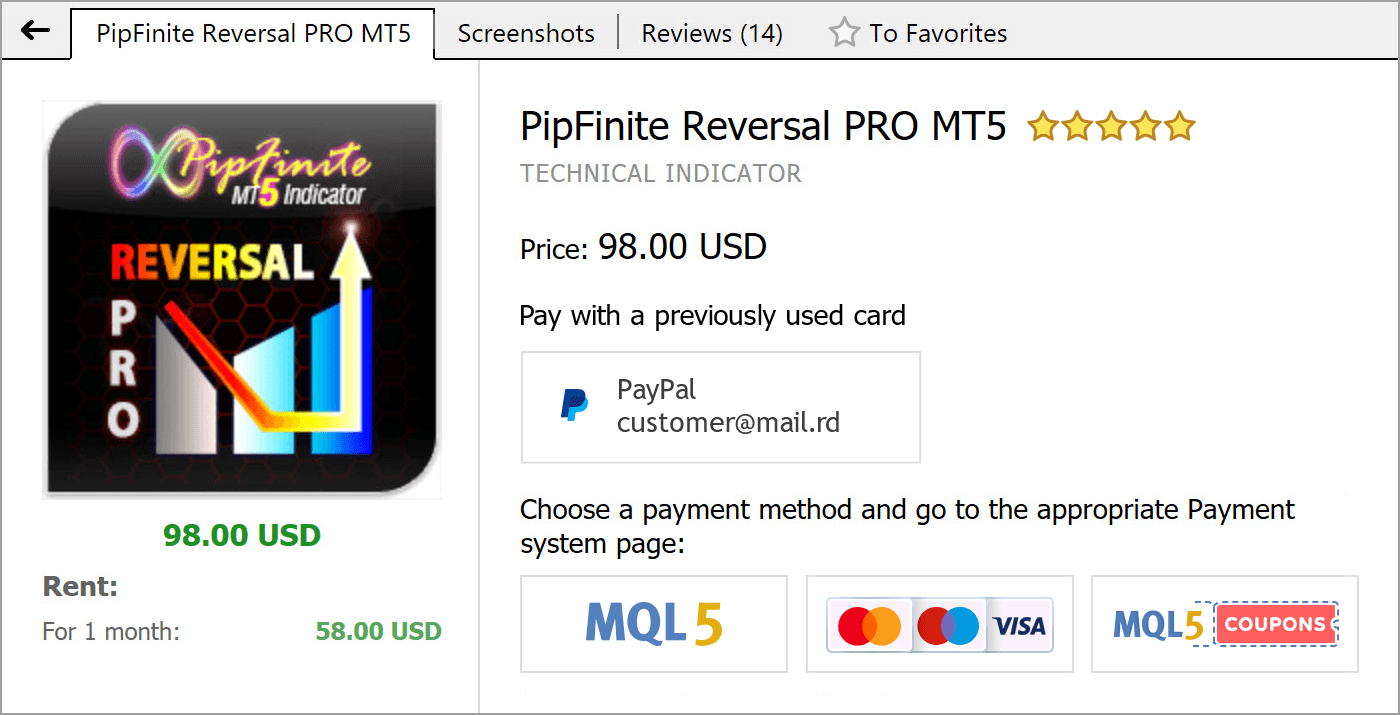Forex trading platform developer MetaQuotes announced last week that it has added several new features to its MetaTrader 5 platform.
A new API has been added, especially to enable request of MetaTrader 5 terminal data through applications, using the Python high-level programming language. The API contains multiple libraries for machine learning, process automation, as well as data analysis and visualization. The data received via this pathway can be used for statistical calculations and machine learning.
The store of trading robots and the copy trading service has also been optimised:
- the Market and Signals sections now operate up to 7 times faster.
- the built-in platform services have become available for traders using UNIX-like operating systems, including macOS, Linux and Ubuntu.
The new build features support for “Market”, “Signals” and “Search” in Wine.
The built-in learning program has been translated into more than 30 languages, including Spanish, Chinese, Portuguese and German, among others. Hints only appear for the actions which the user has never performed in the platform. The training progress bar is seamlessly displayed in the toolbar.
New options in the updated platform enable verification of phone numbers and emails, as they have been specified by traders when opening demo and preliminary accounts. The need for data verification is determined by the broker. If the option is enabled, confirmation codes are automatically sent to the trader during an account request and special code fields appear in the dialog box. Confirmation codes are valid for several minutes.
MQL5.community payment options have been expanded through the PayPal system. After logging into PayPal, traders can allow further payments to MetaQuotes Software and make other purchases with one click.
Major improvements also include:
- Operations with frames on local, network and cloud agents have been optimized. Such operations are now processed faster and are never skipped.
- The tester can now redistribute tasks to agents during the optimization process. If a new agent has become available, the tester automatically creates a new package of tasks, using those which were earlier distributed among other agents.
- Optimization logging has been extended: it includes detailed statistics related to the MQL5 Cloud Network usage.
- Operation of cloud testing agents has been optimized: now computation tasks are distributed more efficiently.
